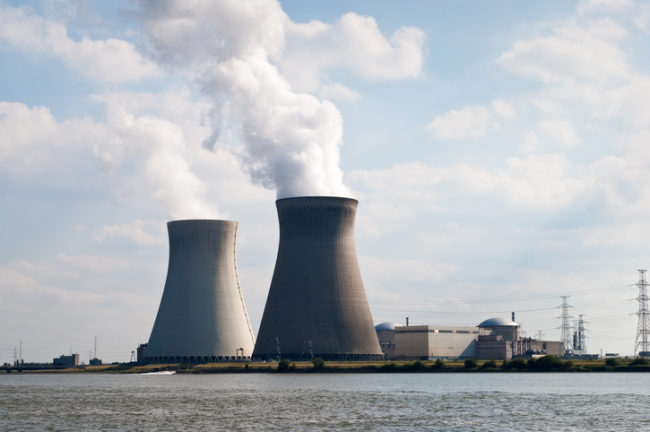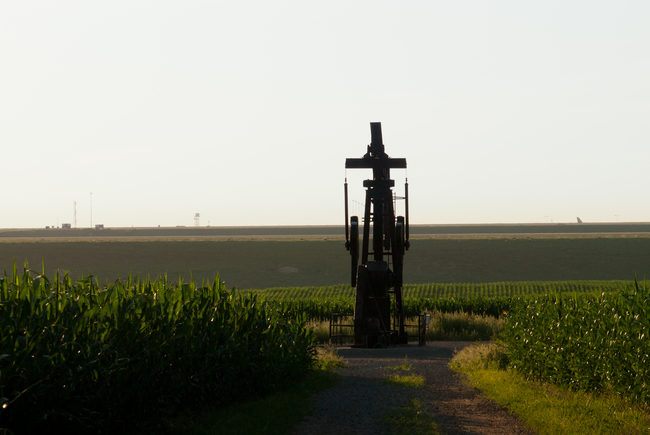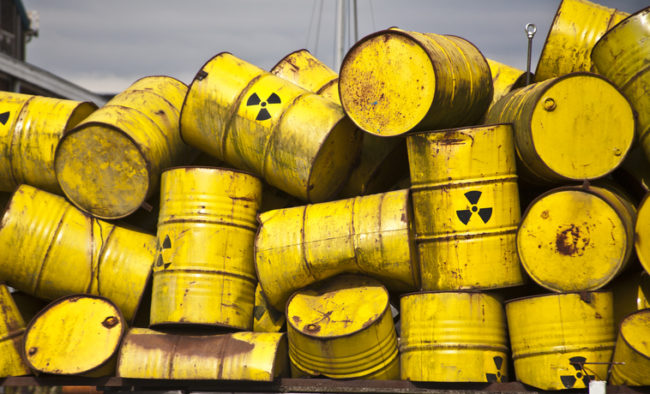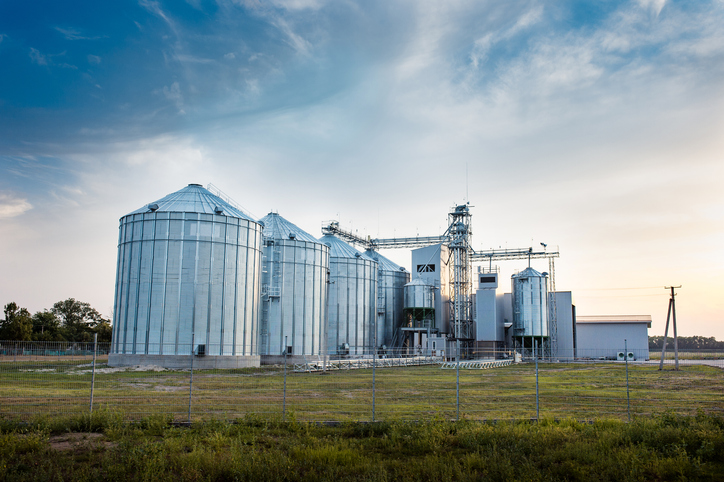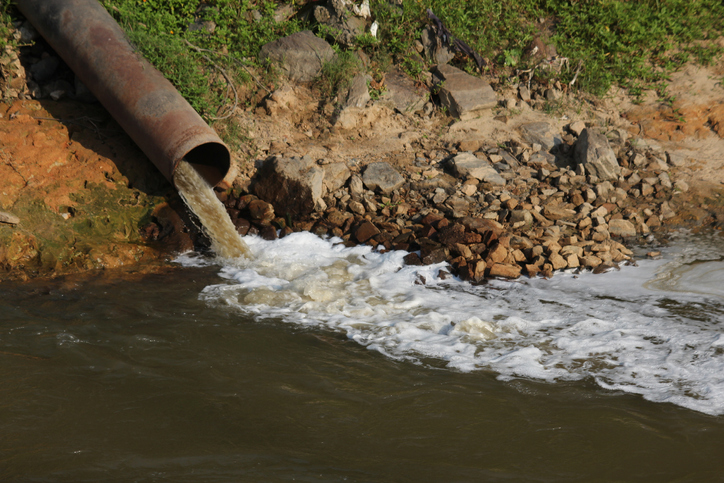Last week of 2018, during the partial government shutdown and holiday lull, many may have missed a significant development in the environmental law arena – a proposal by the EPA to rollback an Obama-era regulation to reduce mercury pollution from the nation’s coal-fired power plants.
The 2011 rule, called the Mercury and Air Toxics Standards(MATS), was promulgated by the prior administration and intended to address the negative effects of mercury on human health and the environment by requiring power plants to reduce emissions …
Continue Reading
